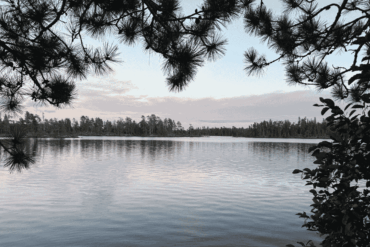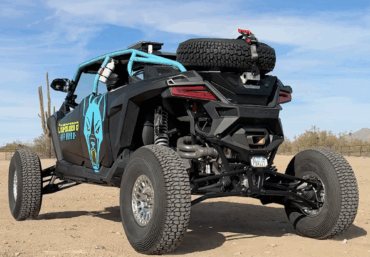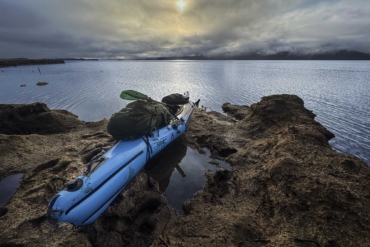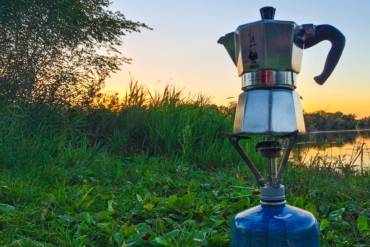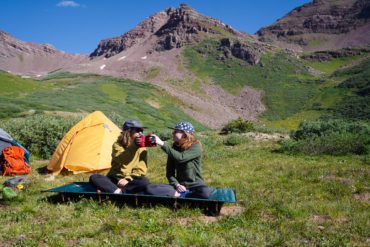As iconic outdoors destinations in the United States go, Minnesota’s Boundary Waters Canoe Area (BWCA) ranks near the top. The pristine wilderness is more than a million acres large, including innumerable lakes, rivers, domes of exposed bedrock, and an endless boreal forest that fades to Canada and Quetico Provincial Park in the north.
Multi-day canoe trips are the common method for exploring the BWCA. GearJunkie contributor David Haines, a writer and photographer, recently returned from a solo BWCA trip that he described as “hot, peaceful, and wet.” Stormy and buggy are at least two additional adjectives Haines could have used, as he experienced some major weather one night and was harassed, like many BWCA visitors in the summer, by flies, mosquitoes, and other infamous insects of the area.
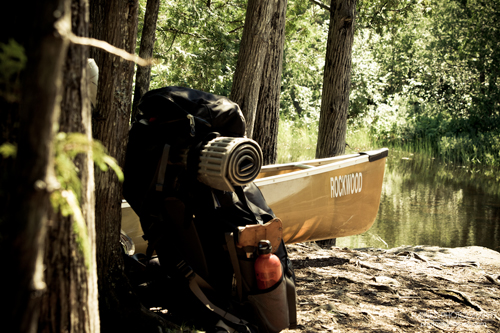
From his trip, Haines offers the below gear tips and advice, a smattering of recommendations and observations culled from his solo adventure this month as well as visits with friends and family to the BWCA in summers past.
Permethrin-Soaked Kaffia Scarf — This one is unusual, I know. But the kaffia, which my dad brought me from Afghanistan, was essential on the trip. I treated it with permethrin, a strong bug repellent designed to be used on clothing, before leaving home. In the BWCA, I used the scarf initially as a wrap around my neck to repel bugs and to keep cool. It turns out that it worked in many other unexpected ways — as a block for the sun to shade my knees in the canoe; as a bug swatter; and as a head and ear covering to muffle the sound of buzzing mosquitoes when they were about to drive me insane.
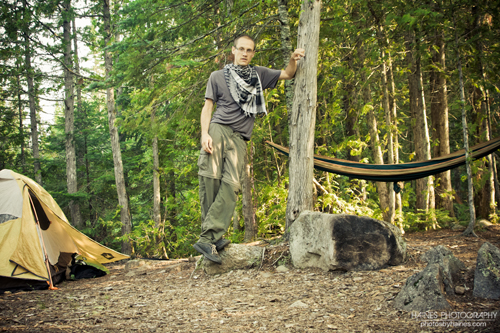
Military Surplus Boots — Nothing fancy here. My stout U.S. military boots are a relatively inexpensive footwear option. Though a bit heavy, they offer great support and protection when portaging a canoe. They have thick Vibram soles and, once wet, they drained quickly. I dried them in the sunlight at camp each day.
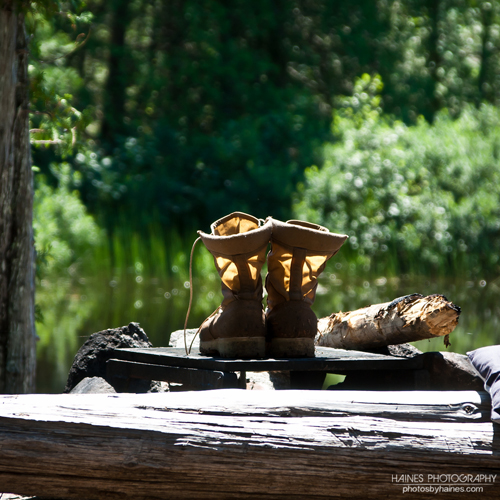
Water Purification — Many BWCA trippers roll the dice and take drinking water directly from the area’s lakes. This is often a fine idea, though for extra assurance against microorganisms I use a filter pump from General Ecology Inc. The company’s First Need XL portable water purifier is touted as “independently certified to EPA protocol against bacteria, cysts and viruses.” It pumps easy and gets me safe water in the BWCA fast.
Bug Dope — To ward off insects — ticks, flies, and mosquitoes, mainly — I liberally applied 3M Ultrathon on my skin when the bugs were bad. Before leaving for the trip, I had treated my pants and boots with permethrin. I did not discover one tick on me the whole trip!
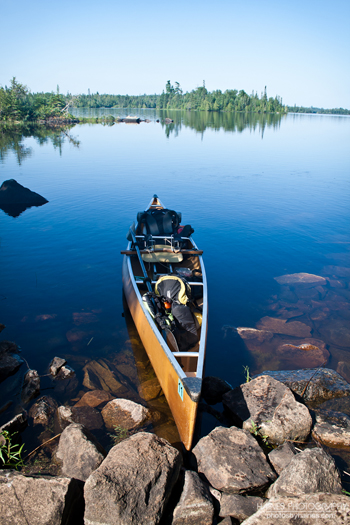
Solo Kevlar Canoe — In the past, I have used aluminum canoes in the BWCA. I upgraded this time and rented a sleek solo Kevlar canoe from Rockwood Lodge, an outfitter near the wilderness. It was fast in the water and light on the portages. Instead of a canoe paddle, I used a double-blade kayak paddle. It was efficient for the solo craft, each quick stroke moving the canoe and keeping the bow pointed straight down the lake.
Pulley and Cords — Bears roam the BWCA. Keeping your food up in the air at night is essential to stop a potential pilfering black bear. I brought a simple pulley and some cordage to hoist my supplies high each night.
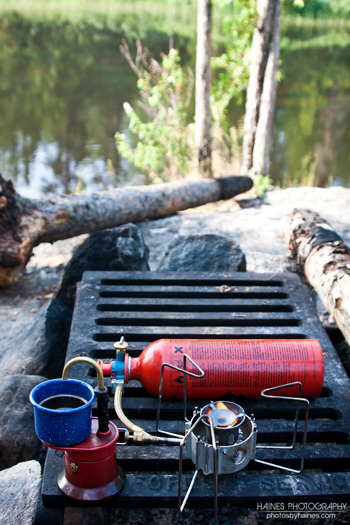
Cooking with Gas — I like to cook over a fire as much as the next guy, but I always bring a camp stove along as well when heading to the BWCA. The MSR Dragonfly, a liquid-fuel camp stove, has served me and my wife well on dozens of camping trips. Its small size combined with the major amount of heat it generates is impressive. Only downside is that its roaring flame seems loud in the relative peacefulness of the North Woods. Forgiven for the fast cooking and no-fuss design!
Hammocks and Espresso — A joy of canoe camping is that you do not have to worry too much about being ultra-light. A canoe can haul a lot of goods, and when I go into the BWCA I take a few “comfort items” to make the trip more enjoyable. My nylon hammock, which I string between trees, is a must-have in camp. Coffee comes each morning from my mini espresso maker, a camp-stove friendly model that can spout out a brew as the sun rises and I wake up for another epic day in the BWCA.
—David Haines is based in Richfield, Minn. All photography © Haines Photography.


